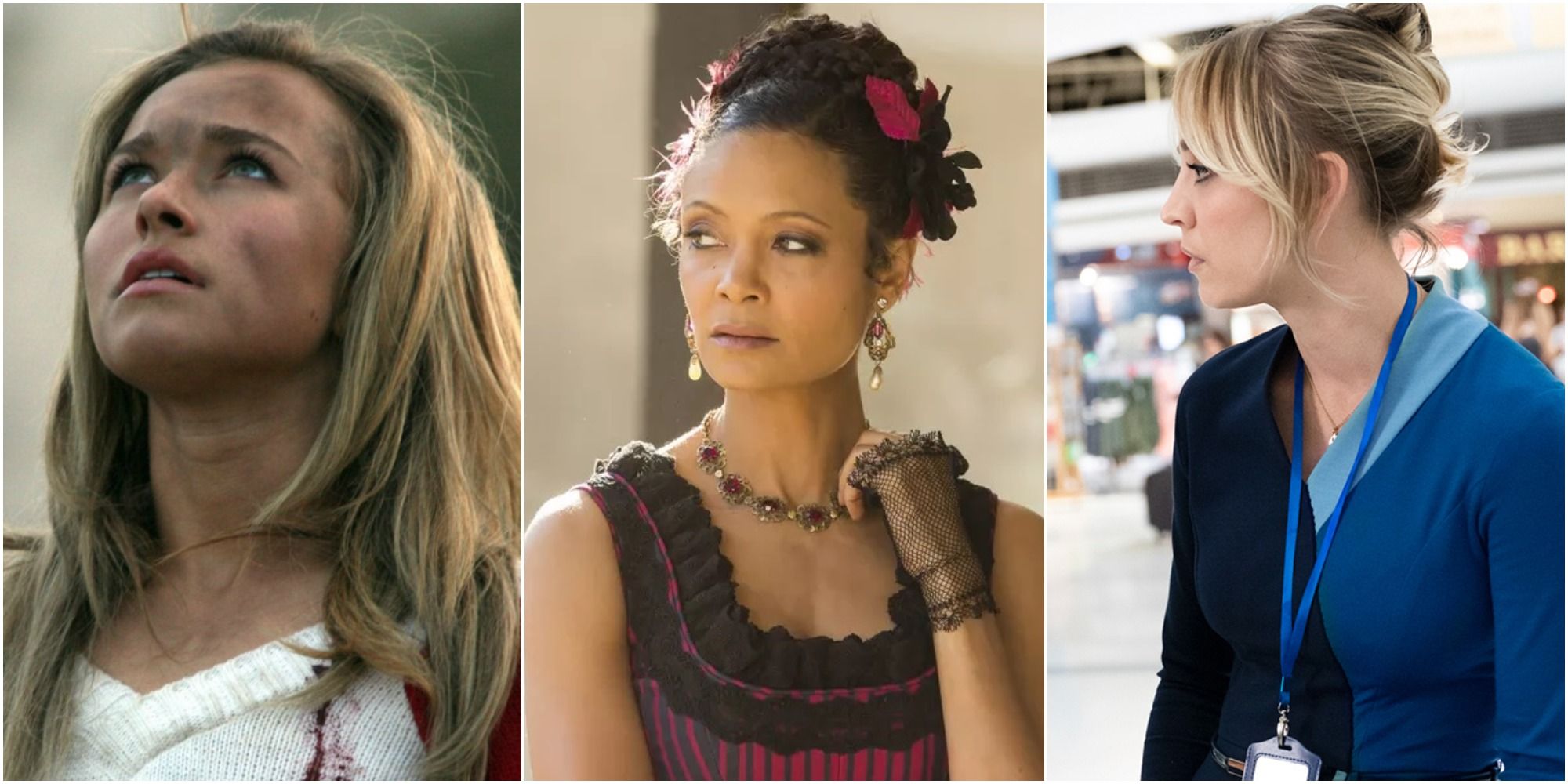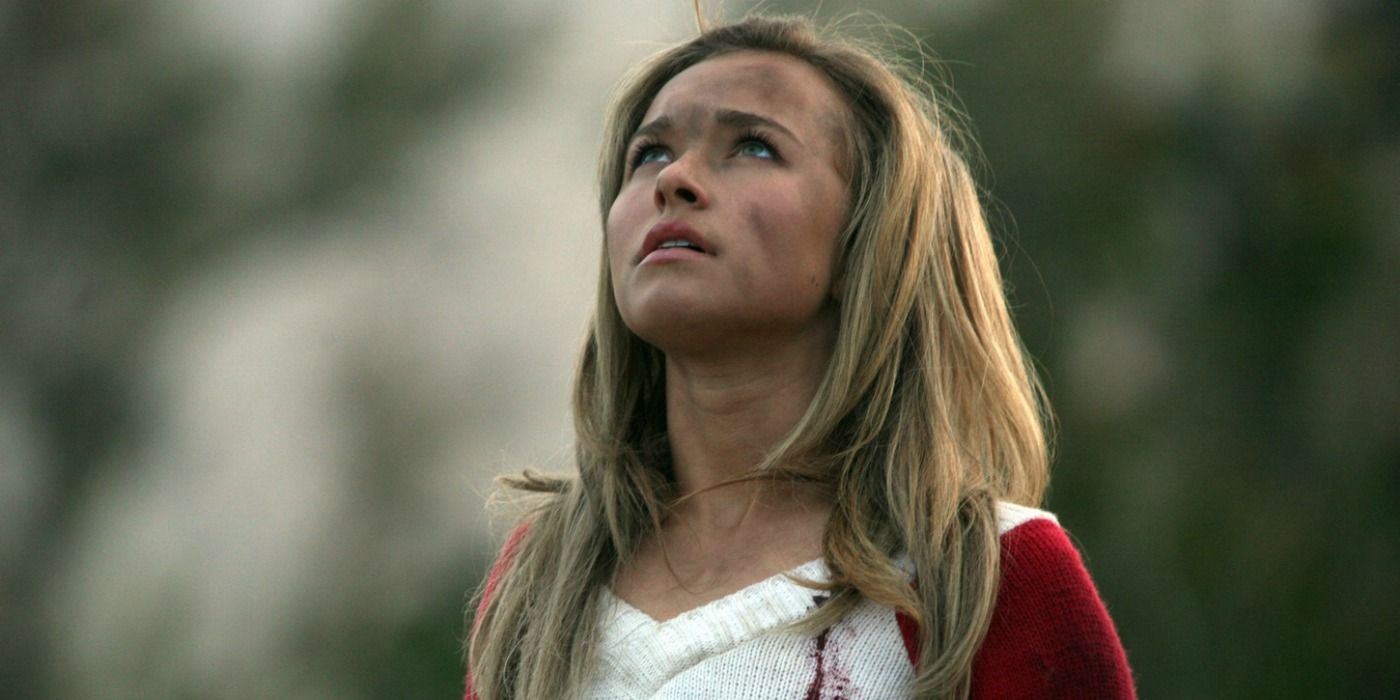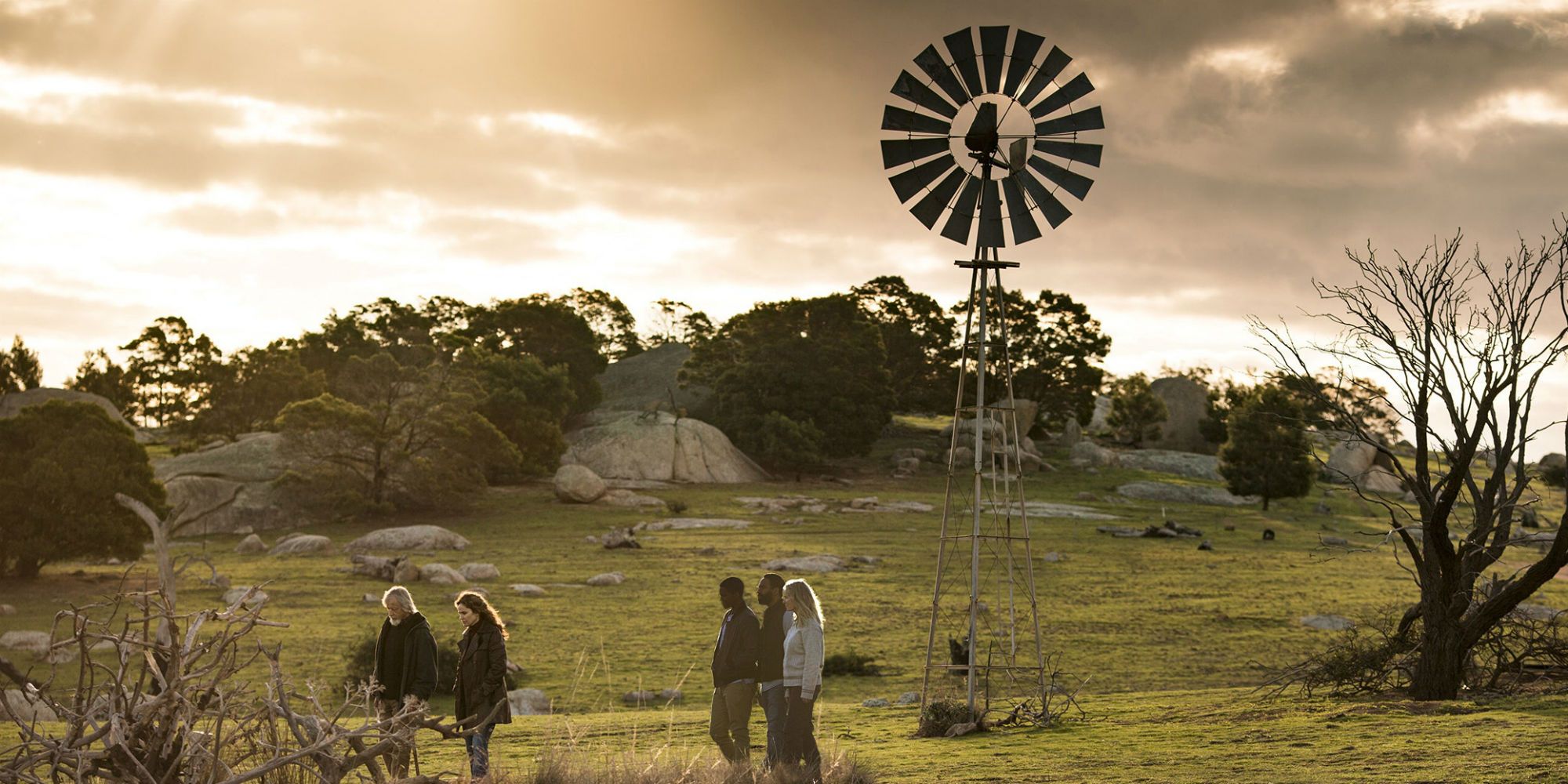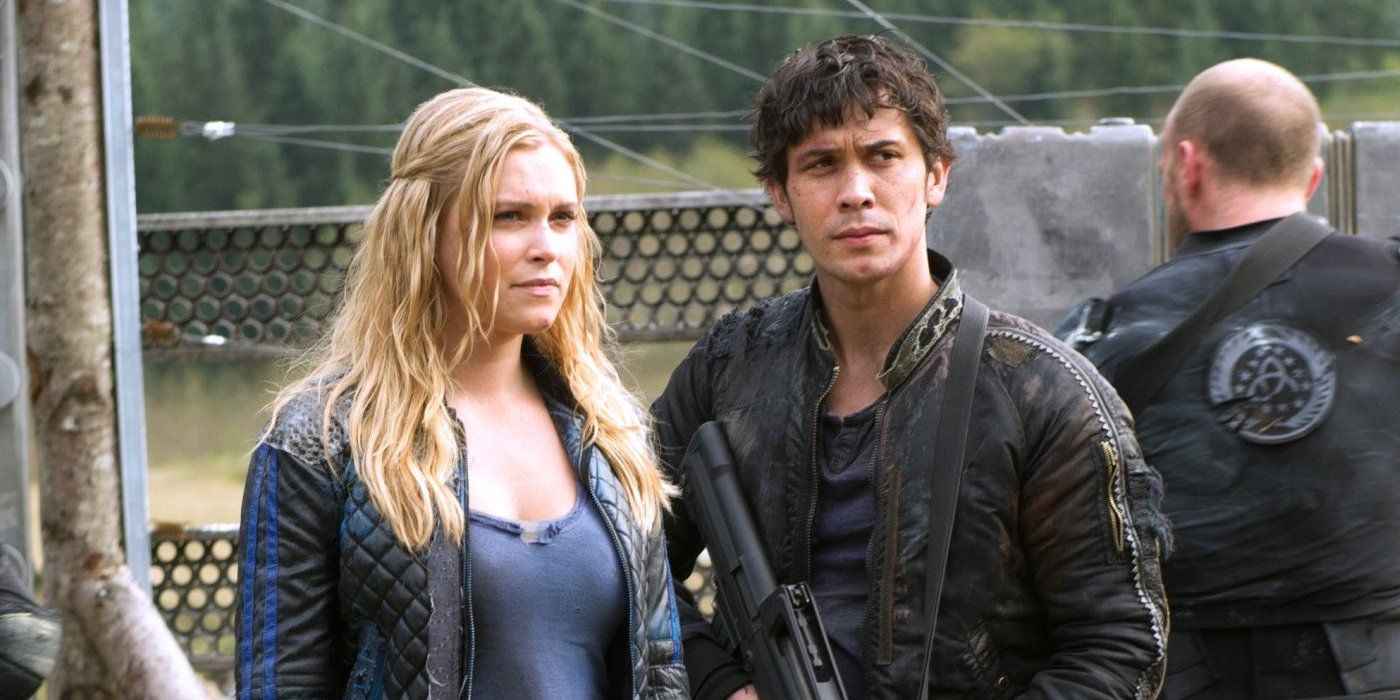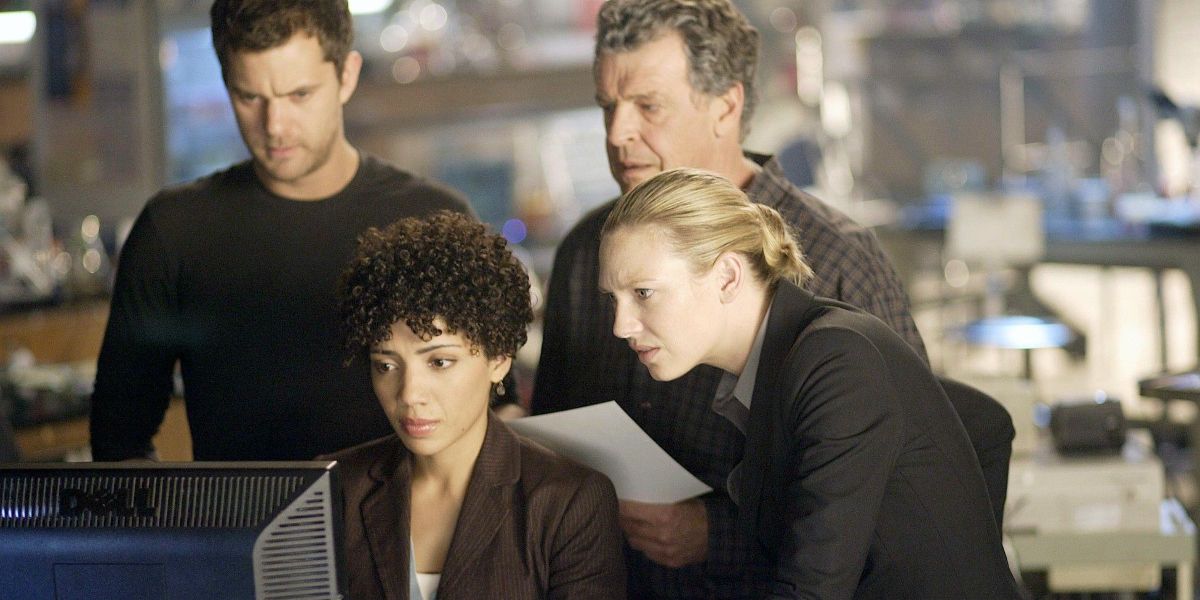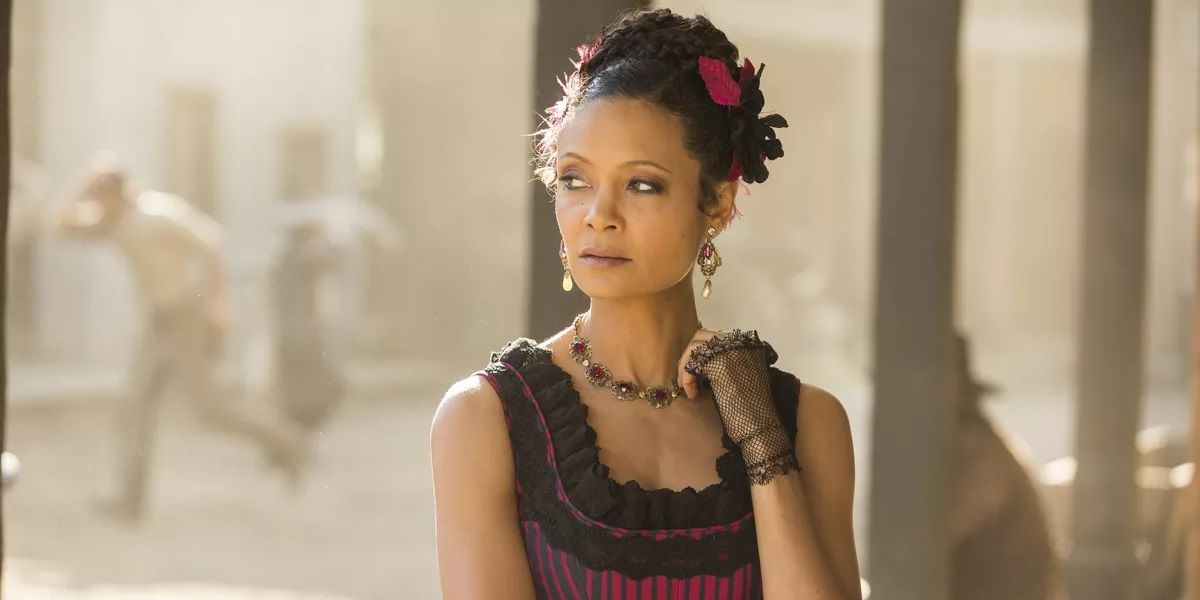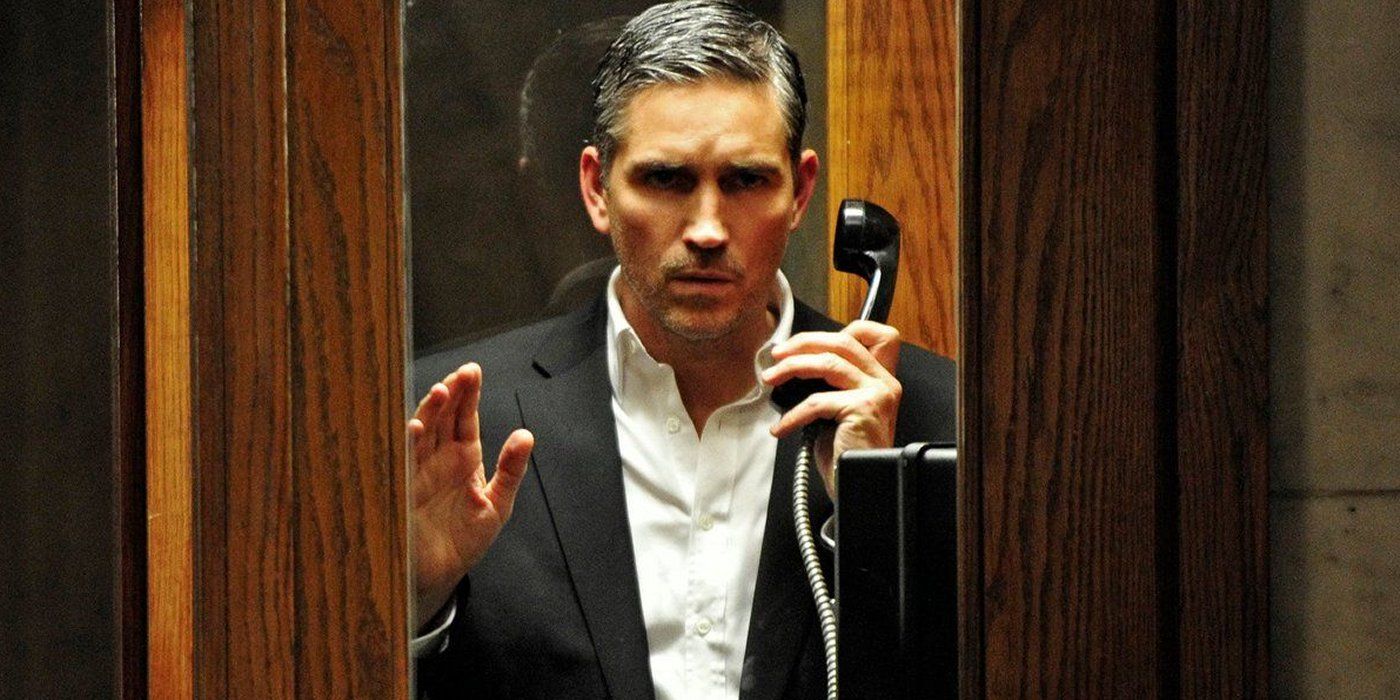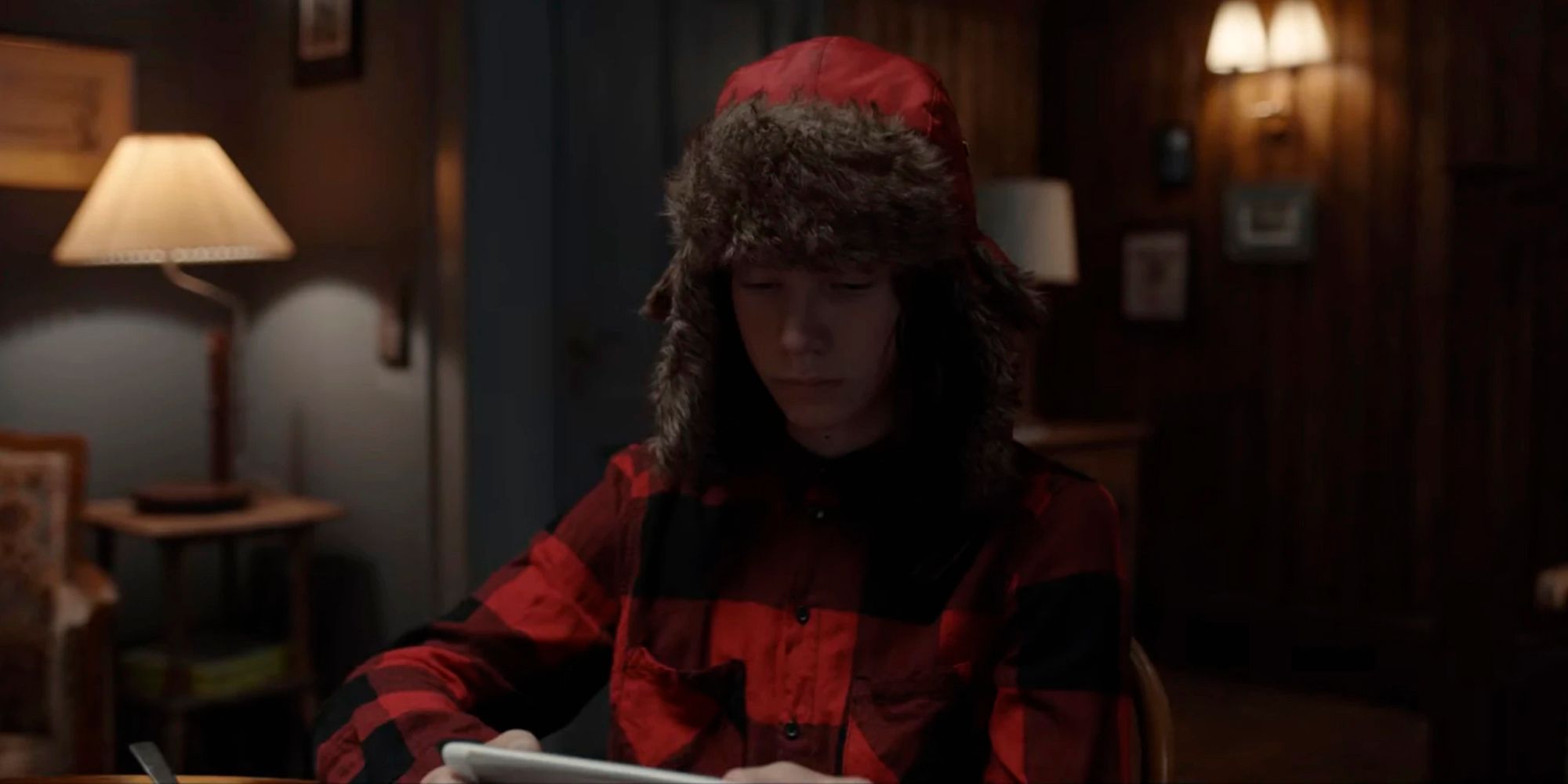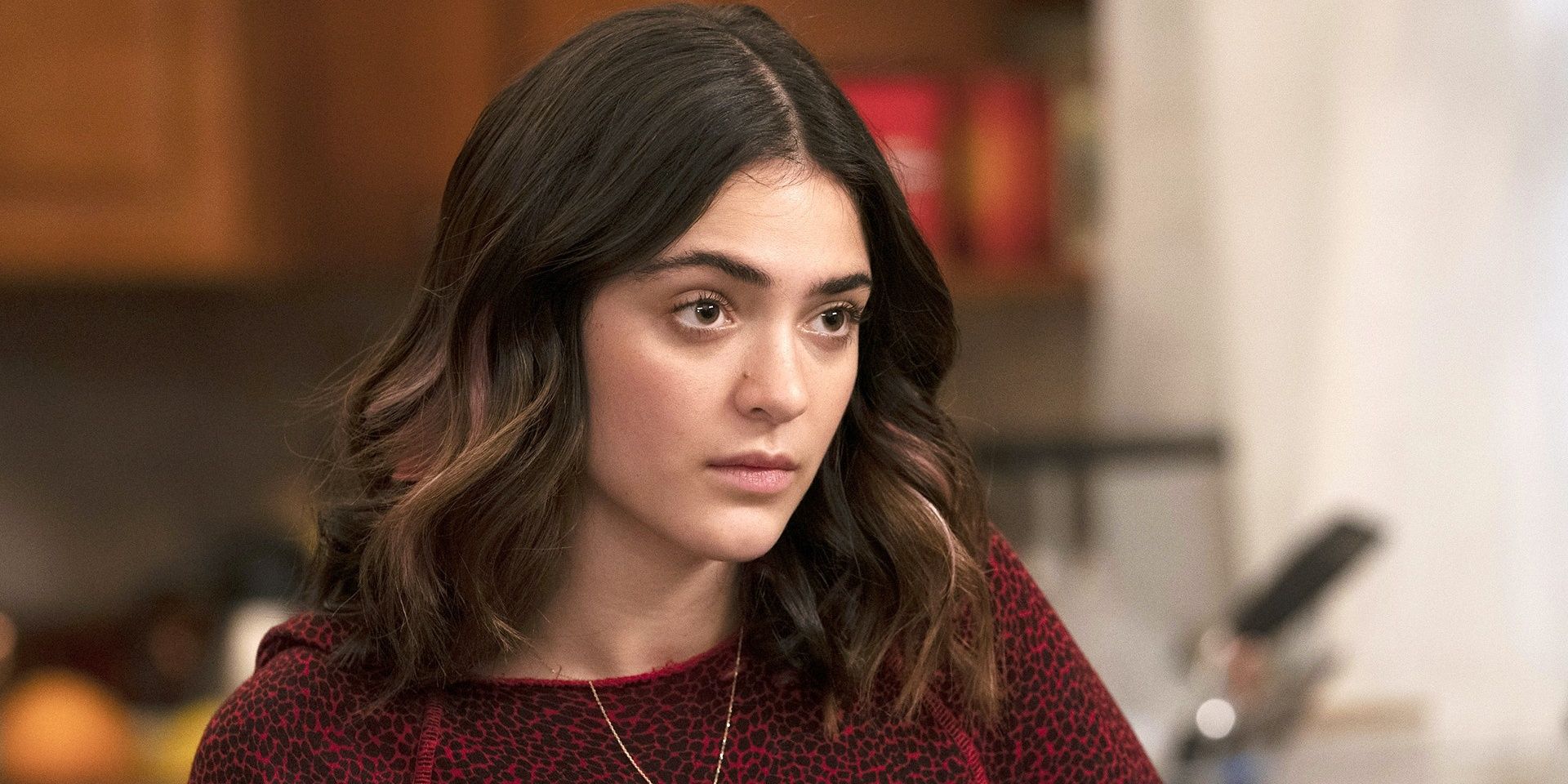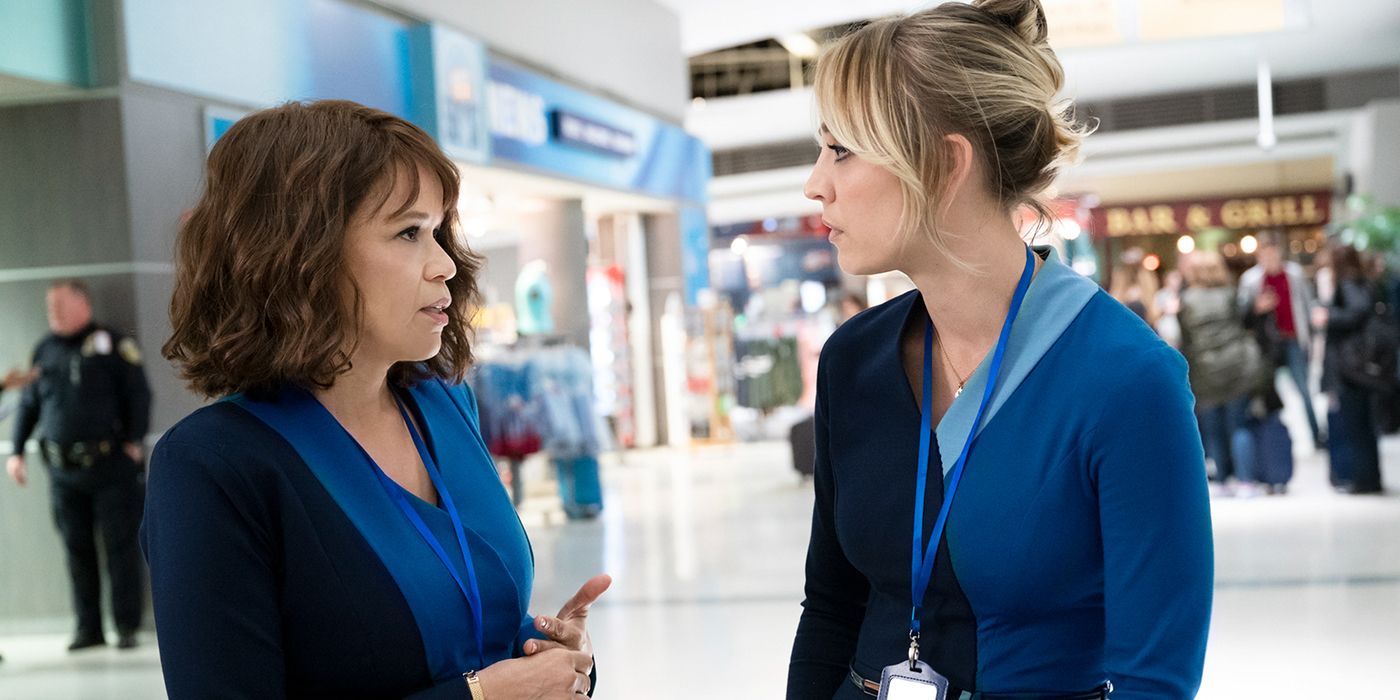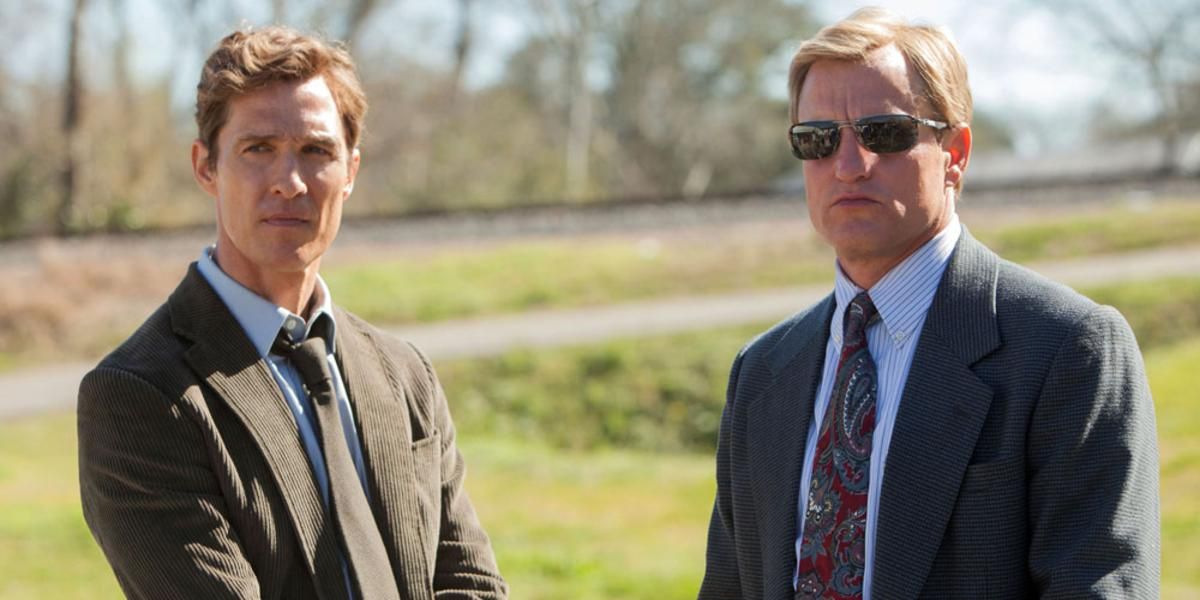Lost was obviously a very successful show, and it effectively changed the television landscape for years. All of a sudden, dozens upon dozens of "Lost clones" popped up and attempted to take a small share of the now-hot "mystery-driven sci-fi" market. As can be imagined, most of these clones failed - for whatever reason.
Some were poorly written, some were poorly acted, and some put too much emphasis on the mystery (effectively missing half of what made Lost such a good show - the characters). But some were actually pretty good, successfully taking that share of the market, however small it may have been.
Heroes (2006-10)
Heroes was perhaps the most successful Lost ripoff. The inspiration was quite obvious. Like Lost, Heroes contained an ensemble cast of strangers who come together for a greater purpose. Like Lost, Heroes had a very heavy science fiction element (in this case, superheroes).
And like Lost, Heroes was very reliant on mystery-driven storytelling that parsed out information and answers at a near frustrating pace. While Heroes never matched the success of its brilliant first season, that first season was one of the biggest television success stories of the 2000s.
The Leftovers (2014-17)
While The Leftovers is based on a novel from 2011, it has roots firmly planted in the DNA of Lost. The Leftovers is also driven by a major mystery - in this case, the random disappearance of 2% of the world's population.
It was also run by Damon Lindelof, who seemingly learned a thing or two from his time on Lost. Unlike Lost, the mystery was never really the point - it was always just a vehicle to explore the characters and their predicaments. And what fantastic characters and predicaments they were.
The 100 (2014-20)
Like The Leftovers, The 100 is also based on a novel. And like The Leftovers, it was obviously influenced by Lost. Airing for seven seasons and 100 episodes on The CW, The 100 followed a group of criminal young adults who return to a barren Earth after an apocalyptic event.
The antiheroic nature of the protagonists obviously bears a resemblance to Lost, as does its mystery-driven story. The show also starred Henry Ian Cusick, who famously played Desmond Hume on Lost.
Fringe (2008-13)
Also airing for 100 episodes (this time on Fox) was Fringe. Like Lost, Fringe was co-created by J.J. Abrams, who was actually more involved than he was with Lost. He personally wrote six of the show's 100 episodes - compared to just three of Lost (both halves of the Pilot and the season three opener, A Tale of Two Cities).
Like most of Abrams's works, Fringe is a mystery box story involving expansive mythology, parallel universes, and alternate timelines. Sounds familiar?
Westworld (2016-)
Westworld is another show with an obvious link to Lost. Created by Christopher Nolan's brother Jonathan Nolan, Westworld concerns an amusement park in which the animatronic robot characters come to life and stage a rebellion against their human creators.
Like Heroes, Westworld enjoyed a stellar first season before succumbing to its own ambition and slowly losing the plot. Unlike Heroes, the second and third seasons are still worth watching - especially for those wrapped up in the show's mythology and mysteries.
Person Of Interest (2011-16)
Before Westworld, Jonathan Nolan created and ran Person of Interest, a sci-fi crime drama that ran for five seasons on CBS. Like his brother Christopher, Jonathan Nolan is an enormously ambitious filmmaker that tells expansive and fantastical stories.
In this one, a genius computer programmer creates a program that identifies murderous criminals before their acts are committed. It's a very inventive concept, and the show stars Lost's Michael Emerson in the lead role of Harold Finch.
Dark (2017-20)
While not incredibly popular, Dark is arguably one of the greatest things on Netflix. The show is of German origin, and it tells a truly time-warpy story involving a child's mysterious disappearance.
Like Lost, Dark plays very fast and loose with concepts of time, and it contains a tantalizing mystery at the center of its largely character-driven story. It's a very complex story that rewards patience and attention. This is certainly not a show to have on in the background.
Manifest (2018-)
Beginning in 2018, Manifest has since aired two brilliant seasons of mystery and supernaturally-driven TV. Airing on NBC, Manifest concerns the passengers of an airplane who mysteriously re-appear after five years of being missing.
The inspiration of Lost is palpable, as Manifest also concerns a massive mystery at the heart of its story - a mystery that keeps viewers coming back week after week. At a time when network TV dramas seem to be dying, Manifest reminds us all of just how exciting week-by-week viewing can be.
The Flight Attendant (2020-)
Serving as one of HBO Max's greatest originals, The Flight Attendant premiered in November 2020 with a great, mystery-driven first season that demands to be viewed and analyzed.
Starring Kaley Cuoco as an alcoholic flight attendant named Cassie, the show follows Cassie after she wakes up in bed next to a murdered man. The show is primarily focused on the mystery of the dead man and Cassie's potential role in his murder, and it makes for thrilling television.
True Detective (2014-19)
True Detective joins Heroes and Westworld on the "shows with an incredible first season but which slowly died of" shelf. The first season captured the nation, earning widespread acclaim for its performances, mystery-driven story, intelligent writing, and philosophical themes regarding death and nihilism. It was essentially Lost in the form of a detective murder mystery.
Unfortunately, the show was never able to recapture the magic of its brilliant first season - with its second being particularly hated and criticized.

